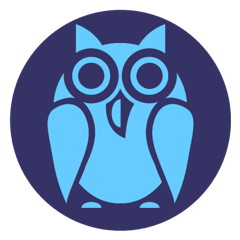Year 1
Welcome to Areas of study for Year 1
Spring 2 2025
Spring 1 2025
Autumn 2 2024
Autumn 1 2024
Summer 2024
Spring 2024
Send provision at Owlsmoor Primary School
In key stage one, we use the following tools to teach English:
To teach phonics in Key Stage 1, we use the Twinkl Phonics scheme and Rhino readers. These are organised systematically and carefully matched to the child’s phonic stage, to ensure that all of our children develop the skills they need to become fluent and confident readers.
To teach reading in Key Stage 1, the children learn the sounds they need to decode words and read texts that are linked closely to their phonic knowledge. Alongside daily phonics sessions, the children participate in guided reading sessions to focus on their comprehension skills. They are encouraged to become reading VIPERS and focus on the key objectives of Vocabulary, Inference, Prediction, Explanation, Retrieval and Sequencing. We read the children a wide selection of engaging and entertaining real books to inspire in them a love of reading and develop their language and understanding.
If you require additional information relating to our school curriculum, please ask at the school office or the class teacher.
Reading - TopTips
- Read, read and read!
- Share books with your children- you read to them, they read to y
- Discuss books and stories — characters, events, endings etc.
- Make suggestions for a different ending, new character etc
- Join the local library & encourage your child to choose their books— this helps to develop preferences etc.
- Don’t forget rhymes and poems!
- Encourage your child to write shopping lists, notes, postcards, diaries.
- Encourage correct letter formation — this will help with cursive writing later.
- Play I spy using phonic/sounds- don’t forget endings!
- Practise reading and spelling keywords.
- Have fun
